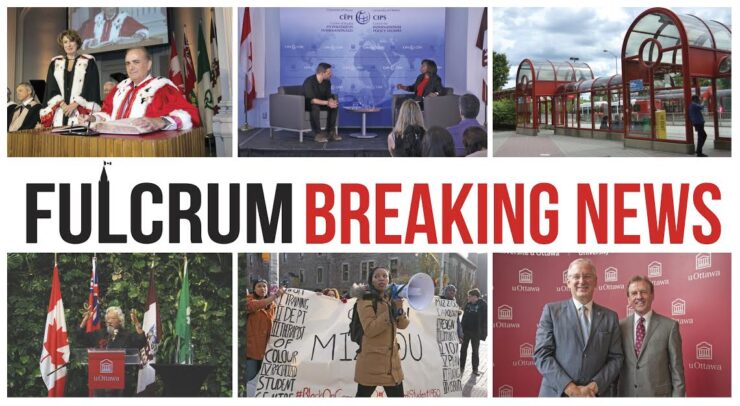Openness to new immigrants shouldn’t be impacted by political strategy
Canadian values are something we discuss frequently, and our politicians repeat those values for the world to see. Despite this affinity for proclaiming our good as a nation, our leaders seem to abide by them when it only when it furthers their own agendas.
On Jan. 27, 2017, Donald Trump issued the first of his travel bans, prohibiting entry into the United States by citizens from six Muslim-majority countries. In response, Justin Trudeau tweeted “To those fleeing persecution, terror & war, Canadians will welcome you, regardless of your faith. Diversity is our strength #WelcomeToCanada.”
On Jan. 8, of this year, Trump announced that the U.S. government would be ending the Temporary Protected Status (TPS) of people from El Salvador living in the country. This time, Trudeau and the Canadian government decided to have Liberal member of parliament Pablo Rodriguez travel through the U.S. spreading information on legal methods of immigrating to Canada.
This response is similar to that when many Haitians living in the U.S. had their protected status ended by the Trump administration in late November.
Last Thursday, reports emerged that Trump had referred to Haiti and several African countries as “shitholes.” Trudeau responded at a press conference by saying, “I think you all know that I’m not going to opine on what the president may or may not have said. I will simply repeat that Canada is a country of openness, of respect, and we will continue to be there to support friends around the world and to welcome people who will contribute to building a stronger country.”
These responses have confirmed a significant trend within our government. Trudeau has an aversion to directly opposing Trump, which has only become clearer since beginning negotiations around the North American Free Trade Agreement (NAFTA). Trump made his displeasure with NAFTA evident early on in his presidency, so talks for renegotiation came as no surprise, the first of which began in August of 2017. Multiple reports emerged towards the end of last year that indicated the U.S. was threatening to walk away from the table altogether. Since then, Trudeau has become even more vague than usual, and has yet to directly comment on Trump’s positions.
The importance of NAFTA to the Canadian economy cannot be understated. The U.S. is Canada’s largest trading partner, purchasing 72.6 per cent of our total exports and supplying 52.6 per cent of all imports. In 2015, NAFTA partners represented 28 per cent of the world’s GDP.
Stats in hand, it is easy to see why Trudeau would be hesitant to directly oppose Trump during such vital negotiations. Especially after U.S. treasury secretary Steven Mnuchin’s remarks on Jan. 11, when he restated that Trump will pull the country out if NAFTA cannot be renegotiated to his demands.
In November, Trump retweeted multiple anti-Muslim tweets from Britain First. The only response from the Canadian government was a short statement by a government spokesperson.
This is an ethical conundrum. Our government seems to be using values as a public relations boost when it’s advantageous, and ignoring them when they’ve run their course. For a country that is seen as a safe haven across the globe, one would like to think those traits are more than just superficial. What is more important to the Canadian people; the economy or their values? For Trudeau, it’s most definitely the economy.






